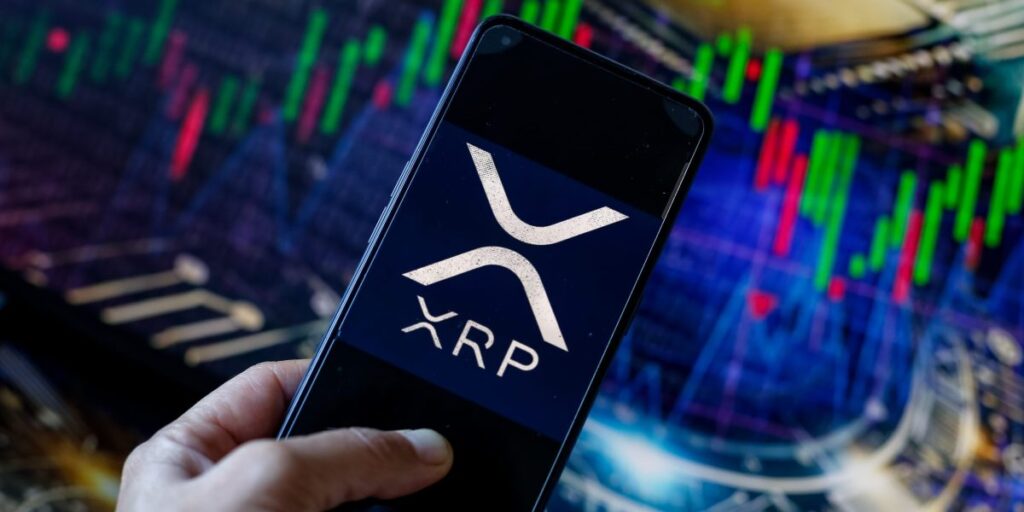Ripple’s , D.C.
On Monday, XRP soared 40% in 24 hours, reaching $2.80 for the first time in seven years. The coin has attracted over $120 billion in new investments and reached a market capitalization of $156 billion since Donald Trump and many other crypto-friendly candidates won the election on November 5.
The XRP price surge comes amid signs that the legal pressure that has weighed on Ripple for years is about to ease. Most notably, Securities and Exchange Commission Chairman Gary Gensler, who has been the crypto industry’s main antagonist, has announced his resignation, and experts predict the agency will likely drop a number of lawsuits as as Trump prepares to take office.
These lawsuits include a long-running SEC case against Ripple, which is currently under appeal after the judge sided with Ripple in August, fining the company $2 billion less than what the SEC had initially requested. The SEC filed a lawsuit in 2020, accusing Ripple of illegally raising funds by selling XRP without registering it as a security.
The XRP price surge also comes as investors bet on the future of Ripple products. Fox Business reported that the company’s long-awaited stablecoin, RLUSD, is set to be approved by regulatory authorities in New York as early as December 4. Speculation that an XRP exchange-traded fund, like those already in existence, is also fueling the bullish sentiment around XRP. approved for Bitcoin and Ethereum, is fast approaching.
While Bitcoin and other cryptocurrencies soared immediately after the election, XRP was a laggard until recently. The currency remained stable for most of the year, stuck between 40 and 60 cents before breaking out earlier this month.
The broader crypto market has grown by $1.2 trillion since Election Day, and investors expect those gains to continue next year as Trump delivers on his campaign promises to make America the “cryptographic capital of the planet”. The president-elect has supported a strategic Bitcoin reserve and crypto advisory council. He would also consider creating a role in the White House dedicated specifically to cryptocurrency policy, which industry executives hope will serve as a direct line to the president.

